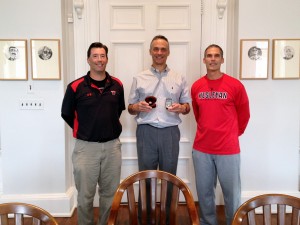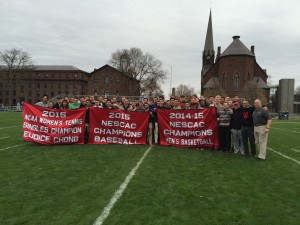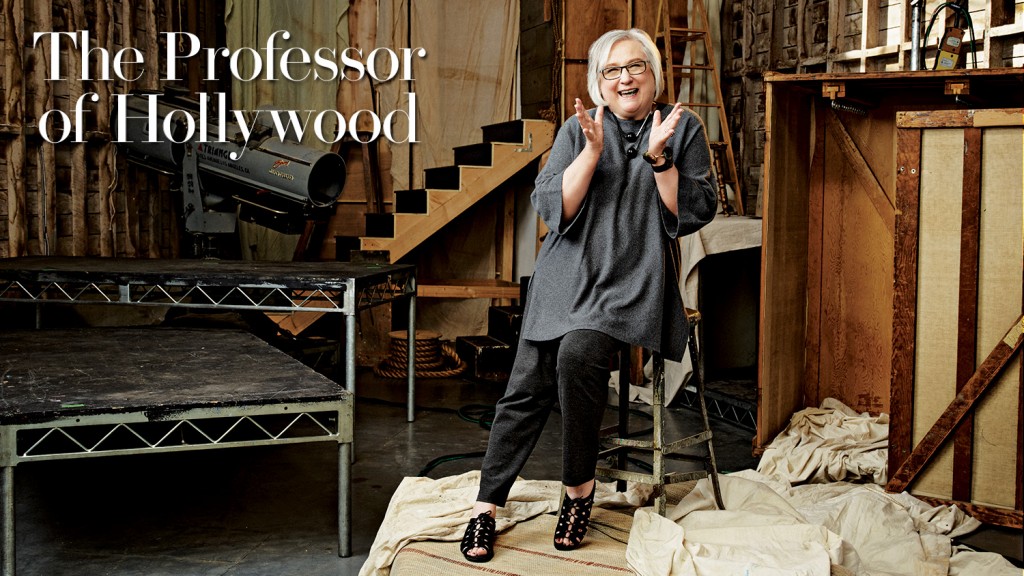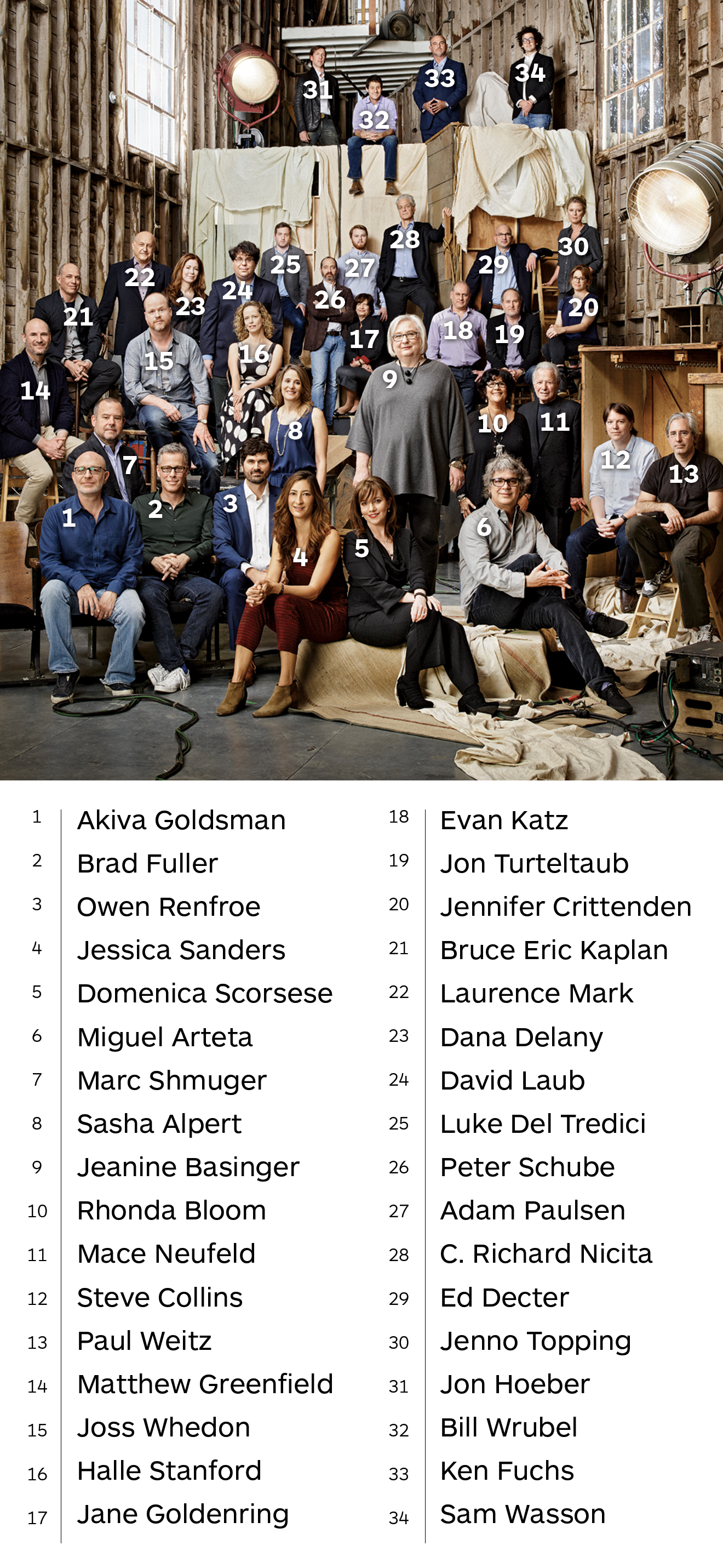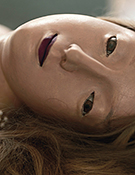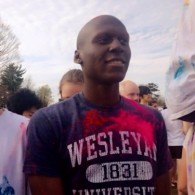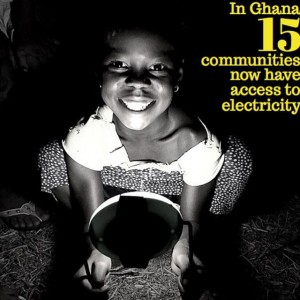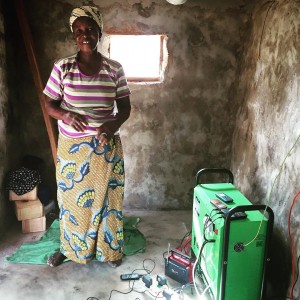The op-ed below ran in the Washington Post and was reprinted on The Huffington Post.
‘Tis the season to write disparaging commentaries on college students. They are coddled, some say, others say they don’t understand the value of free speech, while still others predict the demise of American higher education as a whole because of a lack of openness to new ideas.
I have written on why free speech is so crucial to any educational institution but also about why the biggest threat to freedom of speech isn’t on college campuses. I have described why I’m tired of reading about pampered college students, and now I am moved to hit the keyboard again as I encounter columnists who see political correctness run amok, or who simply can’t stand the fact that groups only recently welcomed onto elite campuses aren’t just grateful for being admitted. I work with students everyday, and I have had protesters at my office, and I don’t see their realities reflected in public discourse.
I agree whole heartedly with Fareed Zakaria’s recent argument that learning is most powerful when people with very different points of view engage in conversation that brings out those differences for reflective consideration. Like him, I am a great admirer of W.E.B. Du Bois’s commitment to liberal education, reflected in his comment: “I sit with Shakespeare and he winces not…Across the color line I move arm in arm with Balzac and Dumas. . . I summon Aristotle and Aurelius . . . and they come all graciously with no scorn nor condescension.”
The great African American intellectual Du Bois could summon these great figures as equals, but on campuses today students of color still find plenty of “scorn” and “condescension.” For the backlash against anti-racist efforts is well underway, usually under the rubric of not giving into “political correctness.” In 1829, David Walker, a free American black, put the real reason in words that should still resonate: “for colored people to acquire learning in this country, makes tyrants quake and tremble on their sandy foundation.”
Walker wrote when slavery was still legal in the United States, but the struggle for equal rights is far from over. In the realm of scholarship, we have only begun to turn back centuries of blindness (and worse) toward cultures that didn’t fit into the standard narratives of American unity at home and exceptionalism vis à vis other nations. Do we need any more evidence of the persistence of the mainstream account than hearing that people are shocked, really shocked, that Woodrow Wilson didn’t just have what historians like to call “the prejudices of his day” but that he was an aggressive, virulent racist bent on turning back the gains of Reconstruction! Is it really such a surprise that at Princeton, far more diverse than in Wilson’s day, not everyone feels equally welcome at the school of international studies that bears his name?
When students support Black Lives Matter or take classes in Africana Studies, or Asian American Studies or Women’s Studies, they are not just “studying themselves;” they are studying groups of people who have been systematically kept out of the mainstream narrative of our culture’s history. Sure, the narrative has been changing, and now one can find English departments with a much expanded canon and history departments that look at the struggles of diverse groups in different places and times. But these changes have taken place because of the efforts of activist students and their faculty allies.
And contrary to what you might have read, students taking ethnic study classes are also engaged in other academic pursuits. At Wesleyan more than three-quarters of the students in our versions of ethnic and gender studies have a second major. These students aren’t just trying to reinforce their identities; they are trying to expand their horizons in just the way one would expect at an institution devoted to liberal education.
I write these sentences as a university president, but I also write them as a guy who teaches a European Great Books survey course. I teach mostly the dead white males. In my classes we talk about Rousseau and Marx, Kant and Nietzsche, Mill and Darwin, Flaubert and Woolf, Freud and Butler. And we deal with politics and religion, equality and revolution, gender and evolutionary biology. I have always had large classes and in 30 years of teaching have never been asked for a trigger warning.
We also talk about thinkers who form part of a conservative tradition, like Smith and Burke, Tocqueville and Strauss. I do think I should do more on this latter trajectory. Although I am a person of the Left, like many commentators I worry about the political tilt of many humanities and social science departments. We need to support our conservative students and confront our liberal ones with the deep conservative bodies of thinking.
Does that mean I, too, see the specter of political correctness haunting college campuses across the country? No, I see political correctness as a charismatic bogeyman with strange powers to titillate liberal and conservative writers alike. Sure, there are groups that form around common values and ideas, and sometimes a group can be close-minded. But I see vigorous discussion within the faculty about ideas that matter, and I hear plenty of students rebelling against the notion that young people all think alike. For example, on my left-leaning campus, there is more religious practice than there has been in years, and we have had forceful discussions with large groups of students about everything from the role of fraternities to the economic/political possibilities of a carbon tax.
Of course, some people do shout down others, and sometimes a group of students will want to retreat to a place with like-minded friends. This has always happened, whether such spaces were called “safe” or not. That the editorial board of the Wall Street Journal echoes a gaggle of columnists in calling demonstrations and posters “political intimidation” would be merely curious if the editors and writers didn’t also claim to be protectors of free speech.
Don’t get me wrong, because there is so much intense discussion these days, campuses can be challenging places. Conversations about race and about the economy, about bias and sexual assault, about jobs and the shrinking middle class…all these topics stimulate strong emotions, intense language, and, sometimes bruised feelings. I hope there are other places in America today where these arguments are taking place among people from different backgrounds, and where the conclusions aren’t set in advance. However painful this may be at times, I’m sure glad these conversations are happening on our campuses.
At a time when major presidential candidates demonize difference, and when attackers respond to groups they’ve been inspired to hate with terrorism, let’s recognize the constructive value of ongoing debate and that politicized campuses remain places of confrontation and of real learning.



